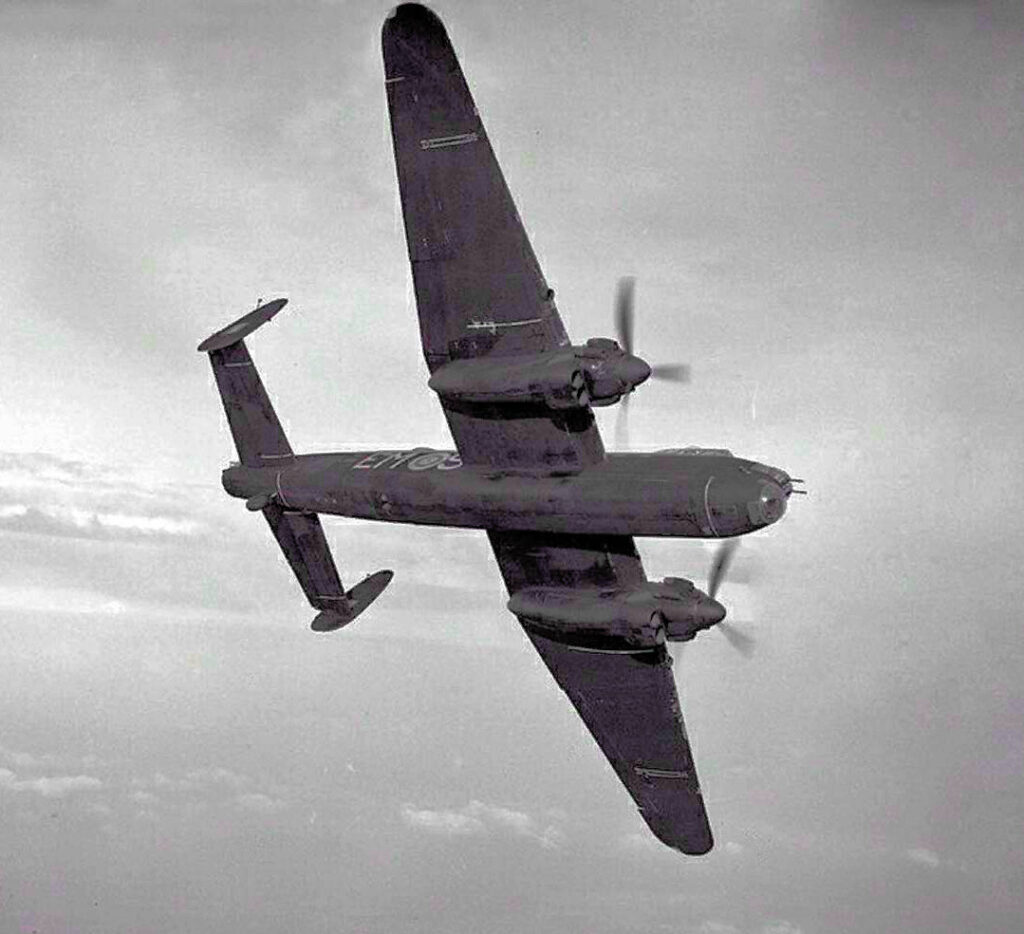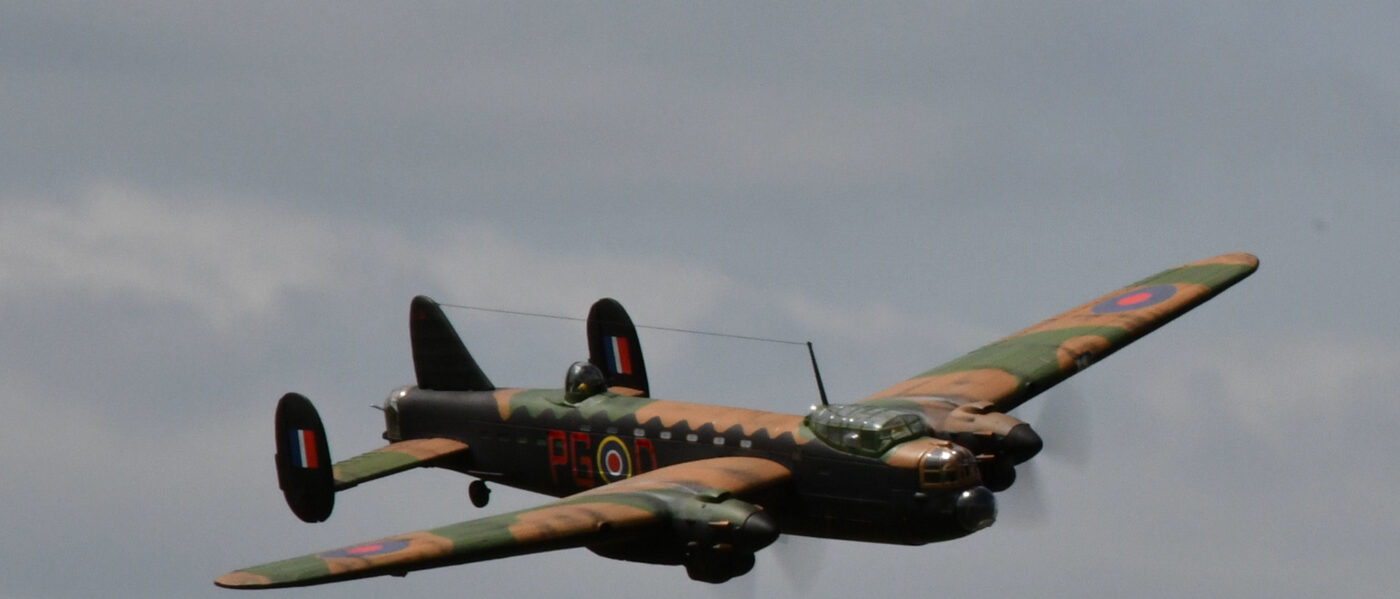Off to Join the Forces
Over the weekend I received an e-mail from Greg. He had obtained a copy of William’s RAF service record. All the information that could be described as personal had been blanked out because Gregory was not a close relative, and of course that covered everything we were most interested in finding out. But there was a lot of information on where he was, when, and what he was tasked with; we would just have to work with what we had got.
I had a quick look at his war time career and found that his initial training was carried out at RAF Cardington from 16th December 1940. I had lived within walking distance of the RAF station there for ten years; he may well have had a pint or two in the Turnpike, which had been my local pub! His first assignment was to Number 5 Mechanical Transport Company on 17th June 1941. This unit’s role was to transport crated aircraft to Liverpool docks for their voyage out to the various overseas squadrons. His duties were not detailed; he could have been a lorry driver, or driver’s mate, a motor mechanic or just a general dogsbody. But he had fallen on his feet; it was an ‘easy number’, a safe and honourable way to ‘do your bit’.
This does not appear to have been enough for our hero, because by the 9th of August the same year he was at Number 9 Air Gunnery School. He had volunteered for Bomber Command and was really going to get into the fight for his country. On 7th October he moved on to 25 Operational Training Unit at Finningley to further hone his new skills and get to grips with flying and fighting at night. He would quickly have realized his ‘easy ticket’ was now well and truly cancelled when he was introduced to the much disliked Hampden and the ill-fated Manchester bombers used at 25 OTU during his time there. He was then posted to 61 Squadron based at North Luffenham on 8th February 1942. He had been in the RAF for 14 months and was about to get seriously involved in the war!

When William joined 61 Squadron it was equipped with the Avro Manchester two engine bomber, which was the forerunner of the famous Lancaster four engine aircraft, which came to be rightly regarded as the backbone of the Bomber Command fleet. The Manchester was not so good, just the opposite in fact. The Rolls Royce Vulture engines should have been both powerful and efficient, but they were neither. Worse still were they were very unreliable. Problems with the liquid cooling systems meant that they were prone to overheat and loose power, or even seize up and self destruct. Bearing failures and engine fires were also a common occurrence.
Bombing tactics at the time brought up yet another problem with these engines. Many pilots thought that to close the engines down, feather the propellers and make a gliding approach onto the target gave the bomber some small advantage. The noise could not be tracked from the ground, so there would be a chance that the antiaircraft gunners may not open fire; in fact it made no difference at all. The German defenders had acoustic detectors which they had used very early in the war, but they had not proved to be effective and by this stage were no longer in use. But it did mean that the pilot would have to reset the propellers and restart the engines to fly away from the target area. The Vulture engines had a nasty tendency for the feathering gear to stick while the engine was shut down in flight, so the engine would not then provide any forward thrust when restarted. In most cases the Manchester had great difficulty sustaining level flight on just one engine, although it was designed to do so. With an engine out of action it was just a big, heavy glider looking desperately for somewhere to land. Somewhere in enemy territory. In the dark. While being shot at.
Morale amongst Manchester crews was never good.

Comments
Yes the RAF service records would be complete, but I am fairly sure that we would learn nothing new from them.
They cost £30 from the MoD, and for RAF they are now accepting on-line submissions.
There is more information and how to apply here:-
https://www.gov.uk/get-copy-military-service-records/apply-for-someone-elses-records
There will be a long wait, it’s usually about 10-12 weeks, but folk have been waiting up to a year recently. You will need a certified copy of his death certificate, and they like to know his Service Number.
I will send you a longer e-mail later today.
Rob
Hi Rob, if I were to contact the RAF about my fathers service records would they let me have a copy that was not blanked out?
Please let me know how I would go about getting the records as it would further help your research.